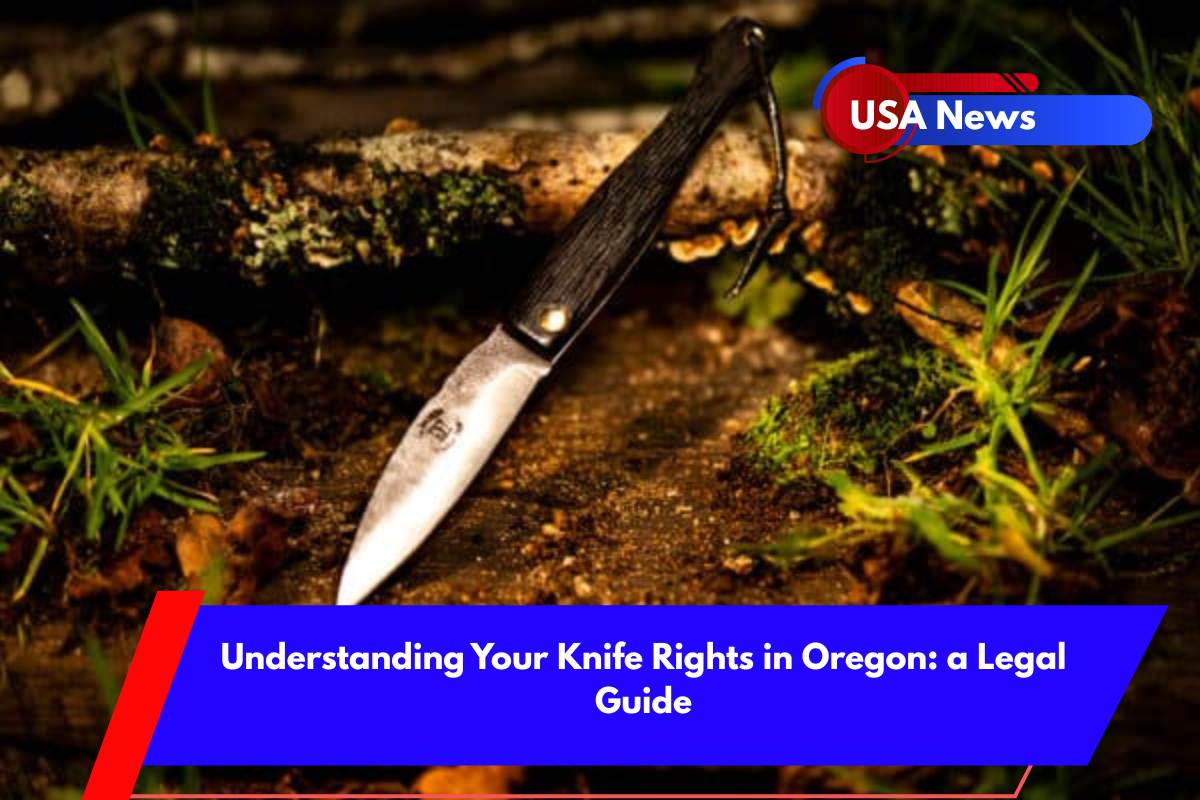Vermont is known for its relaxed laws regarding knife ownership and carrying, making it a great state for knife enthusiasts and everyday carriers. While the state’s laws are generally permissive, there are specific regulations regarding the types of knives you can own and carry, as well as the circumstances in which they can be carried. Below is a detailed overview of Vermont’s knife laws.
What Knives Are Legal to Own and Carry?
In Vermont, most types of knives are legal to own and carry, as long as the individual carrying them is at least 16 years old and has no criminal intent. This includes:
Folding knives
Fixed blades
Balisongs (butterfly knives)
Daggers
Specialty knives
However, there are specific rules regarding automatic (switchblade) knives, particularly regarding their blade length.
Automatic (Switchblade) Knives
Until July 2, 2025: Switchblades with blades 3 inches or longer are prohibited for ownership, sale, or carry.
Effective July 2, 2025: The restriction on automatic knives is lifted, making it legal to own, carry, and sell all automatic knives, regardless of blade length.
Carrying Regulations
Vermont has clear rules about where knives can be carried and under what circumstances. The key distinctions are based on whether the knife is carried openly or concealed.
| Location/Context | Open Carry | Concealed Carry | Notes |
|---|---|---|---|
| Public Places (General) | Yes | Yes | No length limit; switchblade restriction until July 2025 |
| Schools/School Buses | No | No | Strictly prohibited with severe penalties |
| Government Buildings | No | No | Prohibited |
| Private Property | Yes | Yes | Unless property owner prohibits |
| With Criminal Intent | No | No | Any knife becomes illegal if carried with intent to harm |
Public Places: Knives can be carried both openly and concealed in most public areas. There is no restriction on knife length, but automatic knives with blades over 3 inches are prohibited until July 2025.
Schools and School Buses: Carrying any knife onto school property or school buses is strictly forbidden, with severe penalties.
Government Buildings: Knives are prohibited in government buildings and courts.
Private Property: You can carry knives on private property unless the property owner has specifically prohibited it.
Criminal Intent: Any knife becomes illegal if carried with the intent to harm or threaten another person, regardless of its type or size.
Age Restriction
It is illegal to sell or provide a knife classified as a “dangerous weapon” to anyone under the age of 16, unless it is given by a parent or guardian.
Preemption
Vermont law preempts local knife ordinances, meaning cities and towns cannot pass laws that are stricter than the state’s regulations. This ensures uniformity in the state’s knife laws.
Prohibited Places and Activities
Schools and School Buses: Carrying any knife onto school property or school buses is strictly prohibited and subject to severe penalties, including up to one year in jail and a fine of up to $1,000.
Government Buildings: Knives are prohibited in these locations.
Criminal Intent: Any knife carried with the intent to injure or threaten someone is illegal and may result in serious criminal penalties, including potential felony charges.
Penalties for Violations
Possession of Prohibited Switchblades (Until July 2025): Carrying a switchblade with a blade longer than 3 inches is a violation and can lead to up to 90 days in jail and/or a $100 fine.
Possession on School Grounds: If caught carrying a knife on school property, you could face up to 1 year in jail and/or a $1,000 fine.
Use with Criminal Intent: Carrying a knife with criminal intent can lead to severe penalties, including felony charges.
Sources:
1. https://nobliecustomknives.com/us-knife-laws/vermont-knife-laws/
2. https://owossoindependent.com/understanding-the-legal-landscape-of-pocket-knives-in-vermont/
3. https://bigcountry975.net/understanding-your-knife-rights-in-vermont-a-legal-guide/













